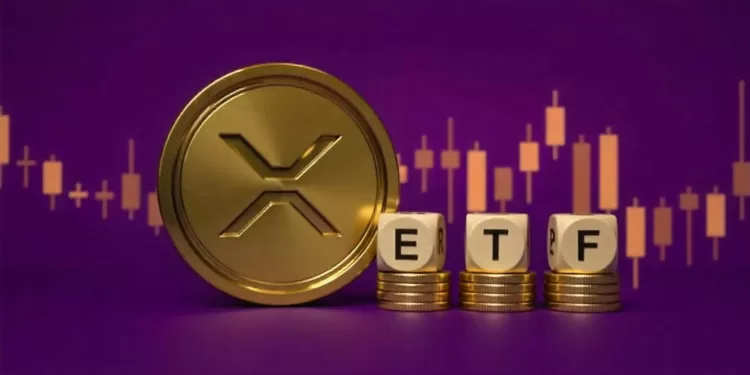- The SEC has authorized in-kind creation and redemption for crypto ETPs, removing cash-only restrictions.
- Legal expert Bill Morgan links the move to pending XRP ETF applications, calling it a major regulatory step.
- The update lowers fees, improves liquidity, and aligns crypto ETPs with established commodities like gold.
The U.S. Securities and Exchange Commission (SEC) has authorized in-kind creations and redemptions in crypto exchange-traded products (ETPs), a momentous regulatory development in the evolution of digital asset market structure. The shift brings crypto ETPs in line with conventional commodities like gold, which no longer have cash-only settlement limitations.
SEC Commissioner Paul Atkins pointed out that the approvals are indicative of a wider attempt to craft a more successful and transparent regulatory system regarding cryptocurrency-based financial products. This action, which implicitly affects Bitcoin and Ethereum ETPs, is likely to support market efficiency, lower operational expenses, and strengthen the institutional reach of liquidity in the digital asset markets.
In-Kind Transfers Revolutionize Crypto ETP Efficiency and Market Liquidity
The newly approved mechanism permits in-kind transfers, meaning funds can now issue or redeem shares using the underlying crypto assets directly rather than cash. This method mirrors how commodity ETPs like gold operate. Issuer transaction costs will likely be lower, and operating processes are likely to be less complicated.
In the past, crypto ETPs have been under a cash-only limitation that added complexity and decreased efficiency for parties. Removing this limitation is likely to decrease significantly fund management expenses and trading execution. This landmark is also likely to pave the way for an enhanced derivatives market, as in-kind capabilities have the tendency to boost hedging techniques and liquidity provision.
SEC’s In-Kind Approval Fuels XRP ETF Optimism
Pro-XRP legal expert Bill Morgan called the SEC’s decision “massive” on social media, emphasizing its potential implications for XRP ETF filings. Several applications related to XRP-based ETFs are currently pending with the Commission.
He noted that this regulatory direction is in line with the wider digital asset investment vehicle development. He explained that the approval does not only impact the available Bitcoin and Ethereum products, but it also serves as a precedent that can impact future approvals.
As the in-kind model is now operable, future ETF issuers, especially where waiting on permission regarding alternative crypto assets, might find themselves with greater operational flexibility. In addition to the in-kind rule change, options and mixed-asset crypto-based ETPs have been sanctioned, allowing increased product diversification.
With this new research report, institutional investors have access to a greater diversity of previously unknown strategies in the crypto ETP market. This change in direction can help increase investor engagement and establish more transparent routes to mainstream markets as there is a closer parallel to traditional finance.














